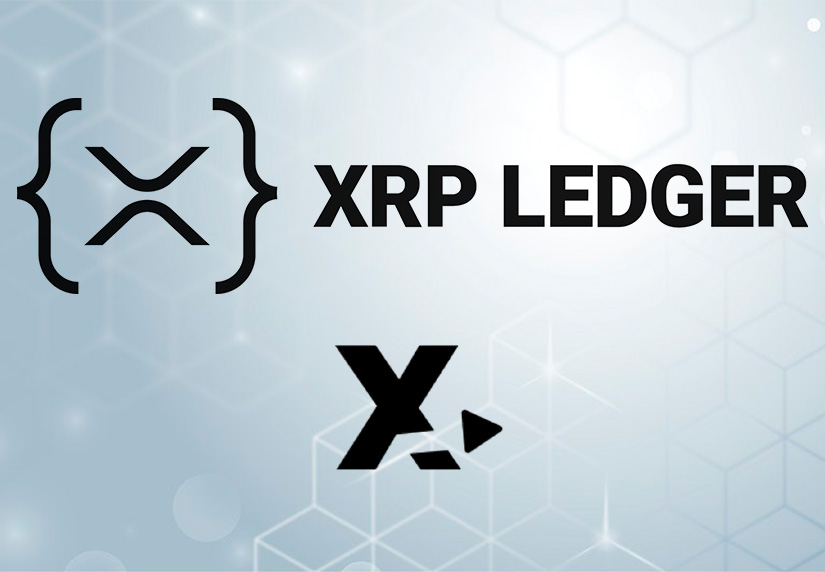The XRP Ledger (XRPL) ecosystem is set to expand its capabilities with the introduction of a smart contract sidechain called Xahau. XRPL Labs, the developer of the popular Xumm wallet, announced that it is participating in the launch of the Xahau network, which will enable new use cases for XRP and XRPL.
We are proud to be part of the Xahau network (@XahauNetwork) as a launch participant. As stated earlier, we will support multiple chains that use the XRPL protocol and our commitment to the main XRPL remains steadfast. https://t.co/olzsK3veCx
— XRPL Labs 🪝 (@XRPLLabs) August 28, 2023
Ripple Continues to Move Forward Despite Legal Woes
Xahau is a sidechain that runs on the XRPL Protocol, which is the same protocol that powers the XRPL Mainnet. Xahau will have its own native token, XRP, which will be pegged 1:1 to the XRP on the XRPL Mainnet. Users will be able to move their XRP between the two networks seamlessly and securely.

Xahau will also support smart contracts, which are self-executing agreements that run on a blockchain. Smart contracts can enable various applications, such as decentralized finance (DeFi), non-fungible tokens (NFTs), gaming, and more. Xahau will use Hooks, a lightweight smart contract system that allows developers to write code in C/C++ and run it on the XRPL Protocol.
XRPL Labs founder Wietse Wind said that Xahau will bring new possibilities to the XRPL ecosystem while maintaining the proven resilience and performance of the XRPL Mainnet. He also said that XRPL Labs will continue to build for the entire ecosystem and make its products open for everyone to benefit from.
One of the products that XRPL Labs will update to support Xahau is Xumm, a self-custody wallet that allows users to store and manage their XRP and other cryptocurrencies on the XRPL.
Wind said that Xumm will support multiple XRPL Protocol networks, such as XRPL Mainnet and Xahau, and allow users to switch between them easily. He also said that this will help achieve the vision of XRP retail adoption.
The Xahau network is expected to go live by the end of 2023. The project is backed by several partners, such as GateHub, Alloy Networks, EvernodeXRPL, and others. The project has also published a whitepaper that details its technical specifications and roadmap.


